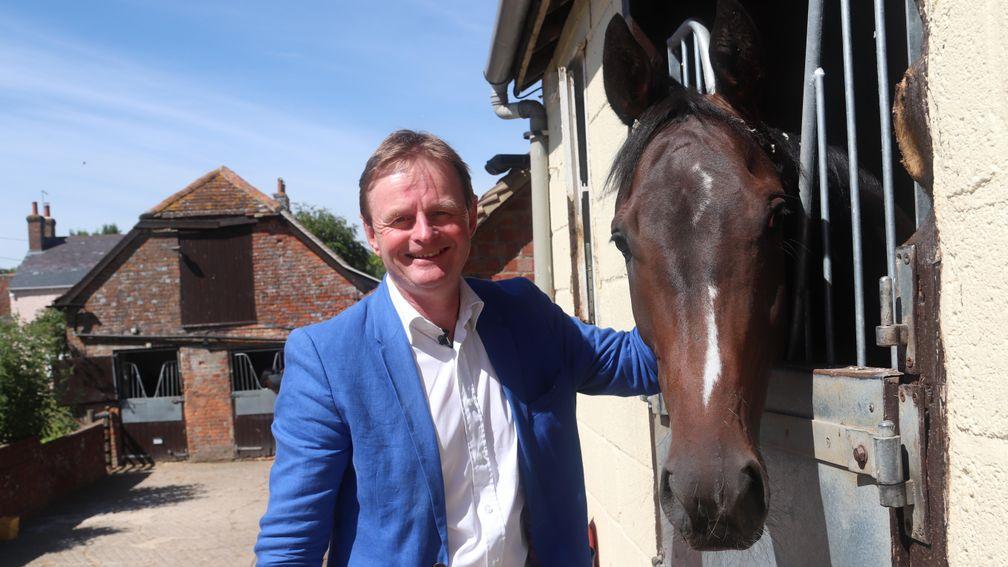The sports psychologist and ex-PJA man on why jockeys top the resilience league

What inspired you to leave racing and retrain as a sports psychologist?
A combination of 15 years observing jockeys while at the PJA and Richard Dunwoody, who used a sports psychologist in the latter part of his career. And AP McCoy, who stupidly said one day: "I'd pay to see you." So I started retraining, which took me seven years in total. I blame him for everything.
How do jockeys compare to other sportspeople?
They remain at the top of my resilient league as they are constantly hungry, often injured, tired and get beaten more than any other sportspeople I have come across, which is the hardest part. In the words of Michael Channon Jr, “It's a losing sport."
Working within other sports, is there anything racing can learn from any of them?
I work with some very good teams, coaches and sports scientists and the stand-out point is they focus on rest, recovery and managing injury and fatigue, whereas jockeys (and trainers) get very little rest. Sometimes I wonder how they all keep going.
Read the full story
Read award-winning journalism from the best writers in racing, with exclusive news, interviews, columns, investigations, stable tours and subscriber-only emails.
Subscribe to unlock
- Racing Post digital newspaper (worth over £100 per month)
- Award-winning journalism from the best writers in racing
- Expert tips from the likes of Tom Segal and Paul Kealy
- Replays and results analysis from all UK and Irish racecourses
- Form study tools including the Pro Card and Horse Tracker
- Extensive archive of statistics covering horses, trainers, jockeys, owners, pedigree and sales data
Already a subscriber?Log in
Published on inInterviews
Last updated
- 'I've still got the fire in me' - why it will take more than a brush with death to stop Nicky Richards
- 'He's a fantastic horse and it's easy to train good ones like that - he's the best I've had'
- 'Racing has always been in my life' - Olympics heroine Sam Quek opens up on her love of racing, joining the ITV team and unexpected abuse
- 'I feel guilty because I've already had one go' - meet the owner chasing a second Grand National 42 years after his first
- 'I grew up with the Grand National - now it would be incredible to win it' - the training pair behind Britain's number one hope
- 'I've still got the fire in me' - why it will take more than a brush with death to stop Nicky Richards
- 'He's a fantastic horse and it's easy to train good ones like that - he's the best I've had'
- 'Racing has always been in my life' - Olympics heroine Sam Quek opens up on her love of racing, joining the ITV team and unexpected abuse
- 'I feel guilty because I've already had one go' - meet the owner chasing a second Grand National 42 years after his first
- 'I grew up with the Grand National - now it would be incredible to win it' - the training pair behind Britain's number one hope
